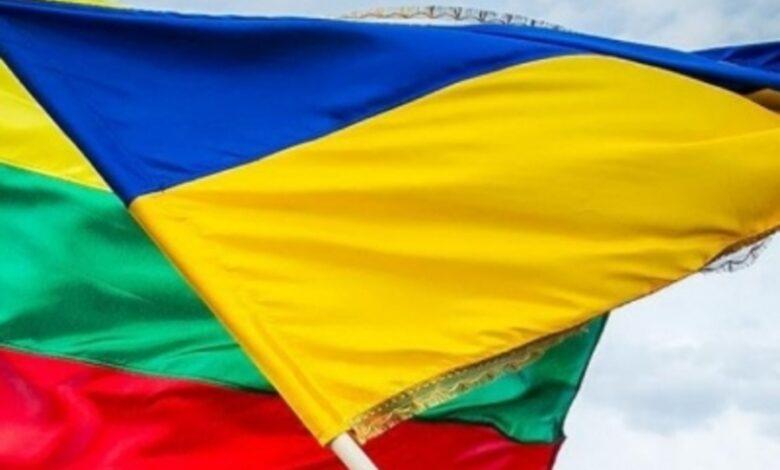Abuse of European aid for Ukrainian refugees discovered in Lithuania: Russians and Belarusians received the funds

After the start of the full-scale Russian invasion of Ukraine, Lithuania became one of the first EU countries to open its borders to Ukrainian refugees. A system of social protection, integration and adaptation of Ukrainians fleeing the war was created in the country. Aid programs were financed from the national budget of Lithuania, as well as with the support of the European Union, which allocated significant resources for the humanitarian and social needs of displaced persons from Ukraine. One such mechanism was the program “Help to refugees from the war in Ukraine”, implemented by the European Social Fund Agency (ESFA). In 2022-2023, its total funding reached about 17 million euros. However, it later emerged that some of this support had been misused.
The facts of the violation
As reported Lithuanian public broadcaster LRT with reference to the conclusions of the State Audit Service of Lithuania, not only Ukrainians, but also citizens of other states who are not refugees from the war received help within the framework of the program. The report mentions 813 people who took advantage of the benefits provided by the project. Among them were citizens of Russia, Belarus, Kazakhstan, Uzbekistan, Tajikistan and more than thirty other countries. This not only undermined trust in aid distribution mechanisms, but also caused public indignation, especially in the context of the fact that we are talking about support intended for people fleeing Russian aggression.
The reaction of the authorities and the resignation of the head of the agency
The scandal gained momentum in May 2024. Against the backdrop of public outcry, Lina Nevinskene, director of the European Agency for Social Funds, left her position on May 13. As the Deputy Minister of Social Protection and Labor of Lithuania Rita Grigalienje explained, the situation is assessed critically, and an internal audit is already being conducted in the ministry, which should find out exactly how it became possible to provide assistance to non-Ukrainians.
Despite public and political criticism, the ESFA agency itself rejected allegations of abuse. As stated by the head of the project development department, Iolita Pietraitiene, the aid was distributed in accordance with the regulations in force at that time. In particular, “socially vulnerable persons” could participate in support programs, regardless of citizenship. The ESFA also stated that the real number of recipients who did not have a Ukrainian passport was not 813, but 484 people, and that the situation arose due to the “interpretation of documents.”
Reaction from the government
The Ministry of Social Protection and Labor of Lithuania has confirmed that the organization that implemented the project will be obliged to return the misused funds to the EU budget within the prescribed period. It is about financial responsibility to donors, as well as about reviewing the mechanisms for checking the grounds for receiving aid in the future.
The case highlighted weaknesses in the humanitarian aid system and highlighted the need for stricter controls on the intended use of funds, especially when it comes to aid to refugees from war. For Ukrainian citizens who fled to Lithuania from rocket attacks and destroyed homes, the very fact of receiving help from representatives of the aggressor country or its allies can be morally traumatic and deeply unfair.
Consequences for the system
The scandal with the distribution of aid in Lithuania once again raised the question of a clear distinction between refugees from Ukraine and other migrants living in the country. The situation is an example of how formal signs of social vulnerability can be used to gain access to programs designed exclusively for victims of war. This actualizes the need to create transparent identification mechanisms, introduce mandatory checks and, if necessary, make changes to the legislation.
Lithuania remains an important partner of Ukraine and continues to provide political, military and humanitarian assistance. However, the aid abuse case demonstrates that even in good faith systems there is room for error. And it is the close attention to such violations that makes it possible to strengthen trust in international support, which millions of Ukrainians urgently need today.





